Question And Answer
Publications
Articles, publications, books, tools and multimedia features from the U.S. Institute of Peace provide the latest news, analysis, research findings, practitioner guides and reports, all related to the conflict zones and issues that are at the center of the Institute’s work to prevent and reduce violent conflict.
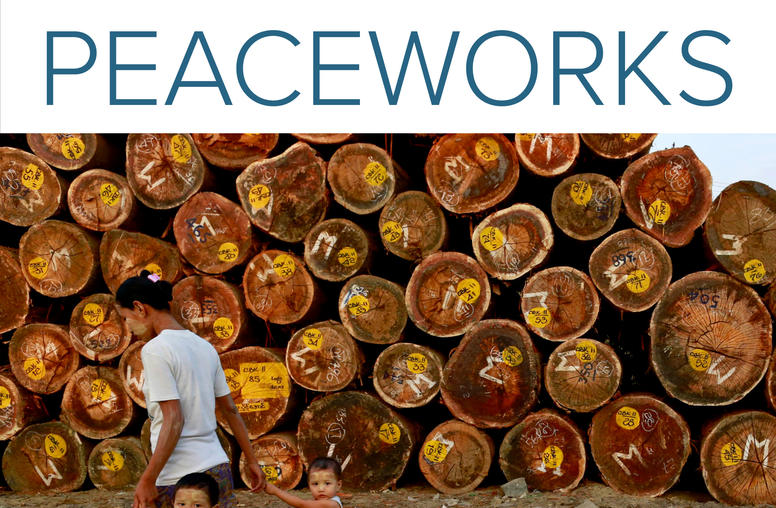
The Conflict Resource Economy and Pathways to Peace in Burma
Burma’s natural resource economy is inextricably tied to the ongoing armed conflict within the country. Questions of who has what ownership rights over what resources and how these resources can be more equitably shared with the wider population loom large. This report focuses on Burma’s resource-rich ethnic states and territories near the borders with China and Thailand and suggests that a more robust, accountable, and equitable system for managing the country’s resource wealth can help lay down the pathways to peace.
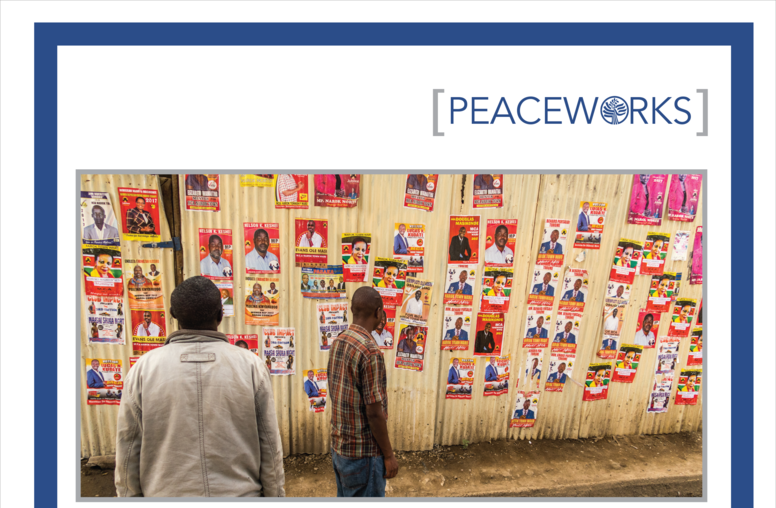
What Works in Preventing Election Violence
Drawing on extensive field research in Kenya and Liberia around the 2017 elections in those countries, this report uses local survey data to evaluate the effectiveness of seven prevention measures thought to reduce the risk of election violence. Its recommendations, directed primarily to the international community but offering...
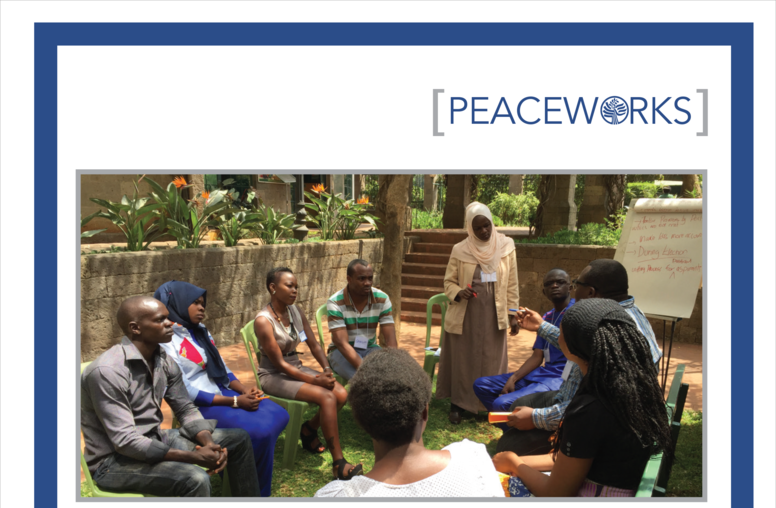
Participatory Action Research for Advancing Youth-Led Peacebuilding in Kenya
One-third of today’s generation of youth—those ages ten to twenty-four—live in fragile or conflicted countries and are susceptible to the sway of ideological narratives of violent extremism. Evidence suggests, however, that they also play active and valuable roles as agents of positive and constructive change.
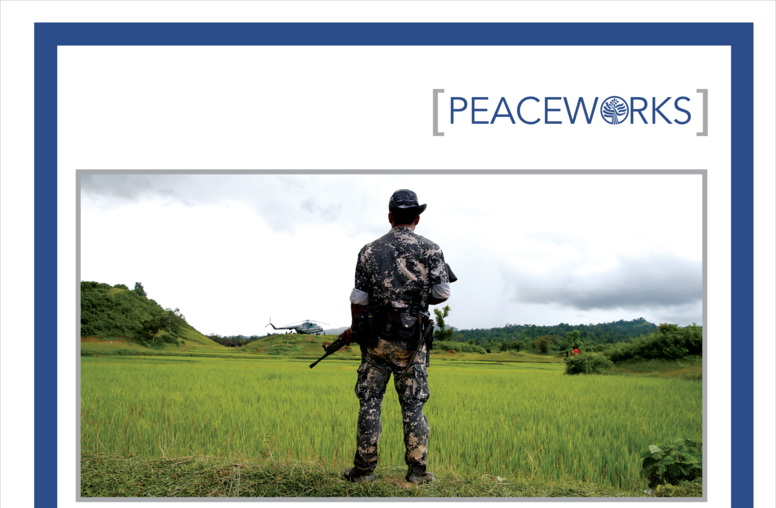
Myanmar’s Armed Forces and the Rohingya Crisis
In 2016 and 2017, in response to small attacks by the Arakan Rohingya Salvation Army, Myanmar’s armed forces launched “area clearance operations” against the Rohingya minority in Rakhine State—a response the U.S. government has called ethnic cleansing. This report explores the structure, training, and ethos of Myanmar’s armed forces...
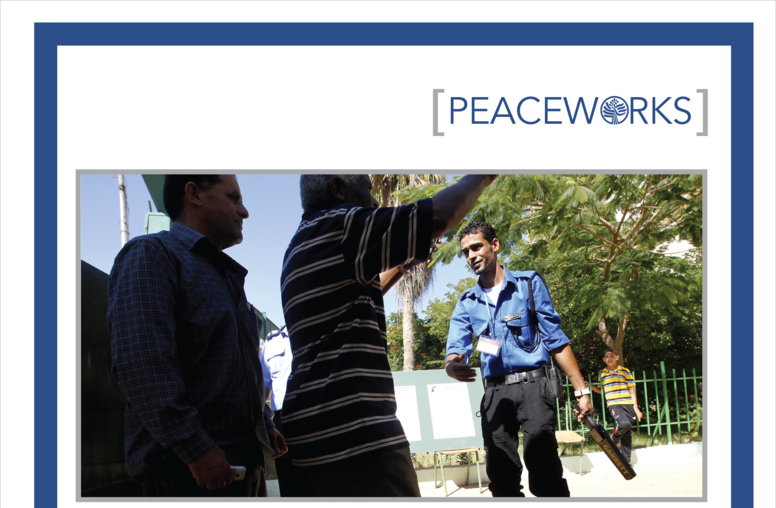
Libya’s Next Elections: A Step Forward or a Step Back?
Since the uprisings in Libya began in February 2011, the country has seen considerable and almost constant upheaval. International players have tried to facilitate a transition to democracy, but success has been fleeting. Now, in the midst of political division and internal conflict, Libyans are attempting to hold presidential...
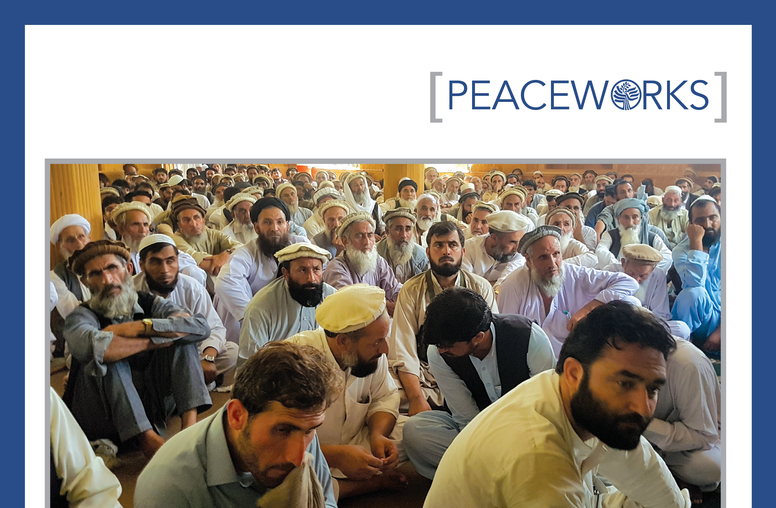
The Political Deal with Hezb-e Islami
The deal signed with Hezb-e Islami in September 2016 was the Afghanistan government’s first major success at negotiating a peace agreement with an insurgent group. This new report examines how the deal was negotiated, what progress has been made on its implementation, and what lessons can be applied to prospective peace talks with the Taliban.
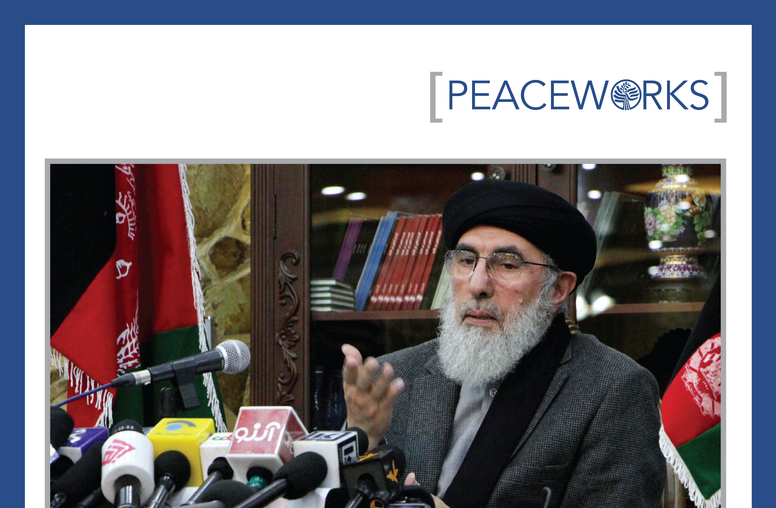
Hezb-e Islami, Peace, and Integration into the Afghan Security Forces
With an eye to an eventual end to the Afghan insurgency, this report examines the struggle within Afghanistan’s National Unity Government over the country’s security sector and the related impact on the recruitment of Hezb-e Islami commanders and fighters in the security forces as agreed to under a 2016 peace deal.
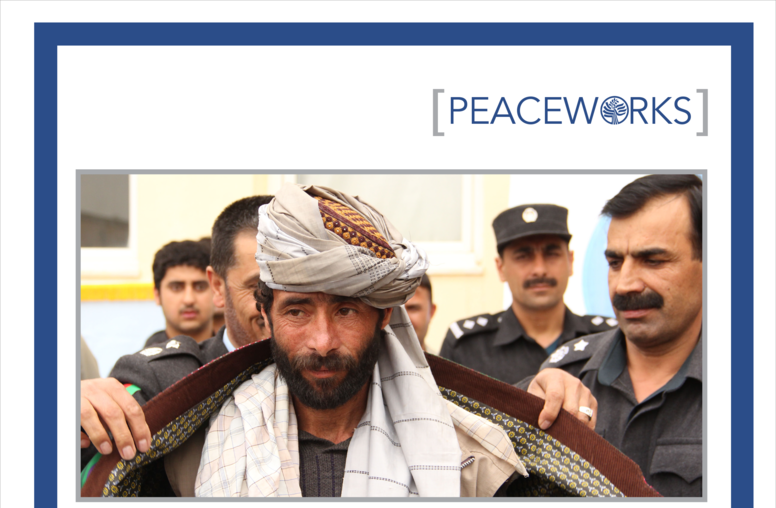
A Negotiated End to the Afghan Conflict
Despite widespread recognition that the only way toward ending the Taliban insurgency in Afghanistan is a negotiated settlement, understanding of the Taliban’s thinking on the subject is remarkably scant. This report attempts to fill this gap by drawing on face-to-face interviews with Taliban foot soldiers, field commanders, and supporters to better understand the movement’s views on why they are fighting, what issues are negotiable, whether they have faith in negotiation as a way to peace, and what a peace process might look like.
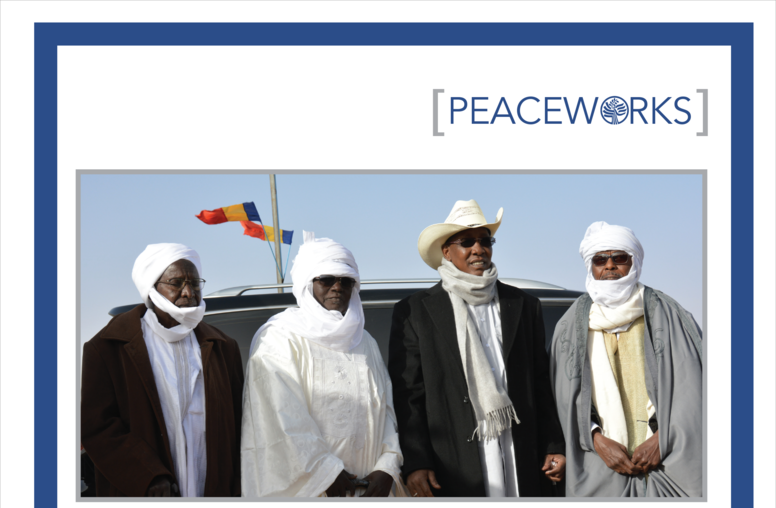
Déby’s Chad
Since gaining its independence from France in 1960, Chad has evolved from a one-party state into a multiparty regime, endured successive rebellions, and become an interventionist regional actor. Thanks to both an oil boom and corruption, segments of the Chadian elite have become very rich, but most of the population is...
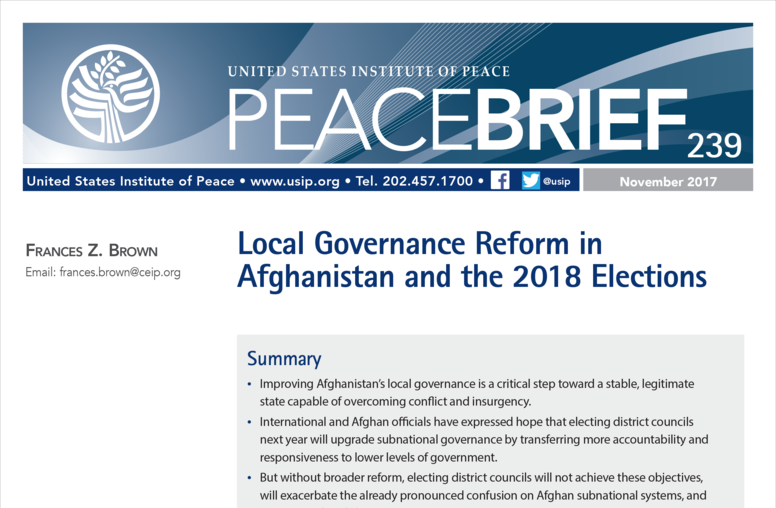
Local Governance Reform in Afghanistan and the 2018 Elections
This summer, Afghanistan’s Independent Electoral Commission announced that its long-delayed elections to launch district councils will be held in July 2018. The international community has formally welcomed the statement, noting that district councils are both long overdue and a manifestation...